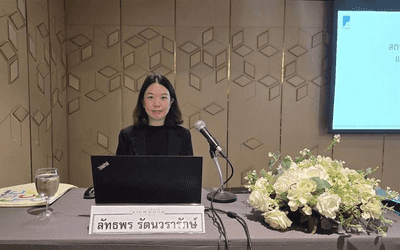Extreme Linkages in Financial Markets: Macro Shocks and Systemic Risk
Abstract
The recent IMF World Economic Outlook (2013) investigates how real and financial shocks can cause a sharp increase in cross country output co-movements. This paper looks at the reverse issue by asking how macro regimes of extreme low and high inflation or productivity growth are conducive to spillover of financial market shocks between major open economies. Using a non-parametric measure we study the largest movements in the US and German equity index returns conditional on a specific macro regime in one or both of the countries. It is known that the unconditional probability of different stock markets crashing jointly is non-negligible, see e.g. Hartmann et al. (2004) and Poon et al. (2004). The results suggest that the factor related to real economy, i.e. industrial production growth, is a major driver behind the extreme loss linkage, but inflation is not. One explanation is that monetary policy shocks are absorbed by the exchange rate, whereas technology shocks do spillover.









